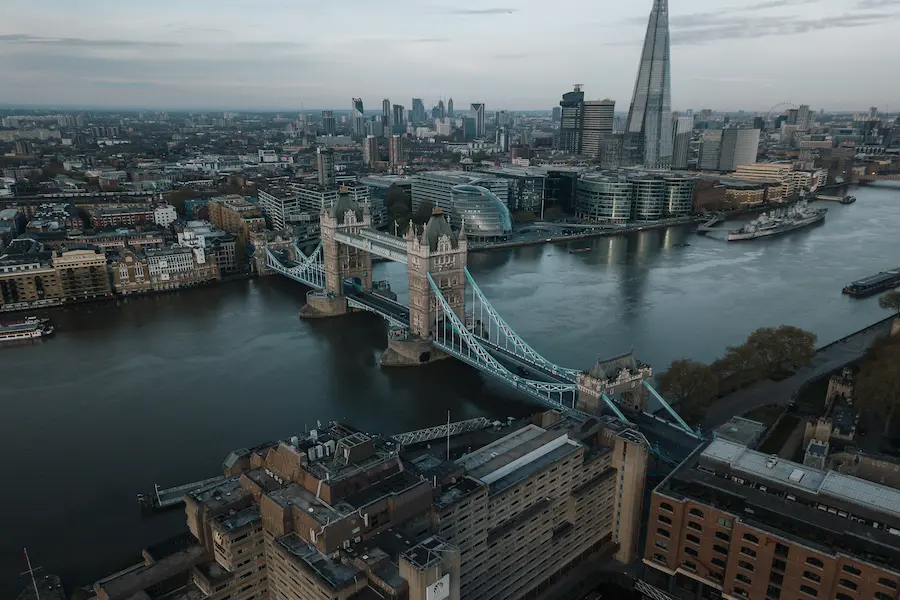Climate and Ecological Emergency Bill – Why does it matter?

Last week the Climate and Ecological Emergency (CEE) Bill was tabled in the House of Commons by Green MP Caroline Lucas. The UK made history earlier this year by becoming the first country to legislate for a net-zero target (2050) and the CEE Bill seeks to continue that momentum and change the way in which environmental legislation is made in the UK. Here, we take a look at some of the Bill’s demands, and what we can all do to support its work.
What is the bill?
The Climate and Ecological Emergency Bill seeks to transcend the Climate Change Act of 2008 as the major piece of climate legislation in the UK. It aims to bind the government to a new ruleset when considering the environment. If passed, it will force politicians to make massive changes to combat the climate crisis in a short time span.
The CEE Bill calls for 5 major changes:
- The government to make a serious climate action plan.
- For further carbon calculations to take into account overseas carbon footprint.
- The protection and conservation of nature both in the UK and its overseas supply lines.
- A move away from the ‘technology will save us’ rhetoric which is too often used as an excuse to carry on polluting as normal.
- Establishment of a Citizen’s Assembly with real power on the climate and ecological crisis.
Why do we need it?
The Climate and Ecological Emergency Bill compels the government to take action and make concrete strides towards a greener future. It will force the government to legislate quickly to meet climate targets and would usher in the period of dramatic change required to keep emissions below 2%.
The Bill centres around a citizens assembly to act as a new branch of government with legislative power. Under the Bill, if a vote was is passed by the proposed assembly with a majority of 80%, then the government will be obliged to pass it into law (unless the proposal involved public funds or charges). This could be a highly effective method of generating laws that political parties would normally shy away from, for fear of losing votes.
The Bill is not just important for the UK. If implemented it would will make us the first affluent country to embrace global responsibility for our full carbon footprint. Not just for the emissions we generate on our own shores, but also the emissions we generate overseas through our supply chains. This could trigger a healthier international conversation on global emissions and responsibility.
What progress has been made so far?
It’s early days yet. Now the Climate and Ecological Emergency Bill has been tabled, it needs to get enough MPs behind it before it can be discussed. Then it needs to be voted on to pass through the House of Commons, then the House of Lords, before it gains Royal Assent which passes it into law officially.
Whether passed or not, the CEE Bill has successfully reopened the conversation about climate legislation and the government’s role in preventing the climate crisis. It has also brought to the forefront the worryingly overlooked ecological crisis. This means that the Bill has already made a positive impact.
Who is supporting it? And who is not?
The Climate and Ecological Emergency Bill was drafted by a group of 23 scientists, lawyers and activists. Caroline Lucas MP of the Green Party has spearheaded it inside Parliament, with the support of a cross-party group of 10 MPs from the Labour Party, the Liberal Democrats, Plaid Cymru, the Democratic Unionist Party (DUP), and the Scottish National Party (SNP).
Outside the gates, Extinction Rebellion UK has lent their support. Their ‘Autumn Rebellion’ was designed to arrive in London on the day that bill was tabled. Extinction Rebellion spokespeople have been vocal in support of this bill, and many actions planned by XR Scientists and XR Doctors have focussed on the bill.
There are however still many who oppose the CEE Bill. Notably Anthony Browne MP the chairman of the All Party Parliamentary Group on the Environment. Critics worry about the Bill’s impact on the economy, as well as the dangers of giving so much power to a citizens assembly.
What can I do to help?
Here at Greenhouse, we support nonviolent environmental activism. As with all proposed legislation the best way you can support the change is to contact your MP. Unless a citizens assembly is formed, your MP is your sole representative in government.
Please also join the conversation online, and share this CEE Bill with your network and beyond.
Further reading:
Greenhouse PR works with organisations and leaders who are pioneering climate action. Whether it’s food, fashion, finance or farming, if you’ve got a great story and need our help to tell it, get in touch with the Greenhouse team on 0117 214 1250 or email info@greenhousepr.co.uk.


